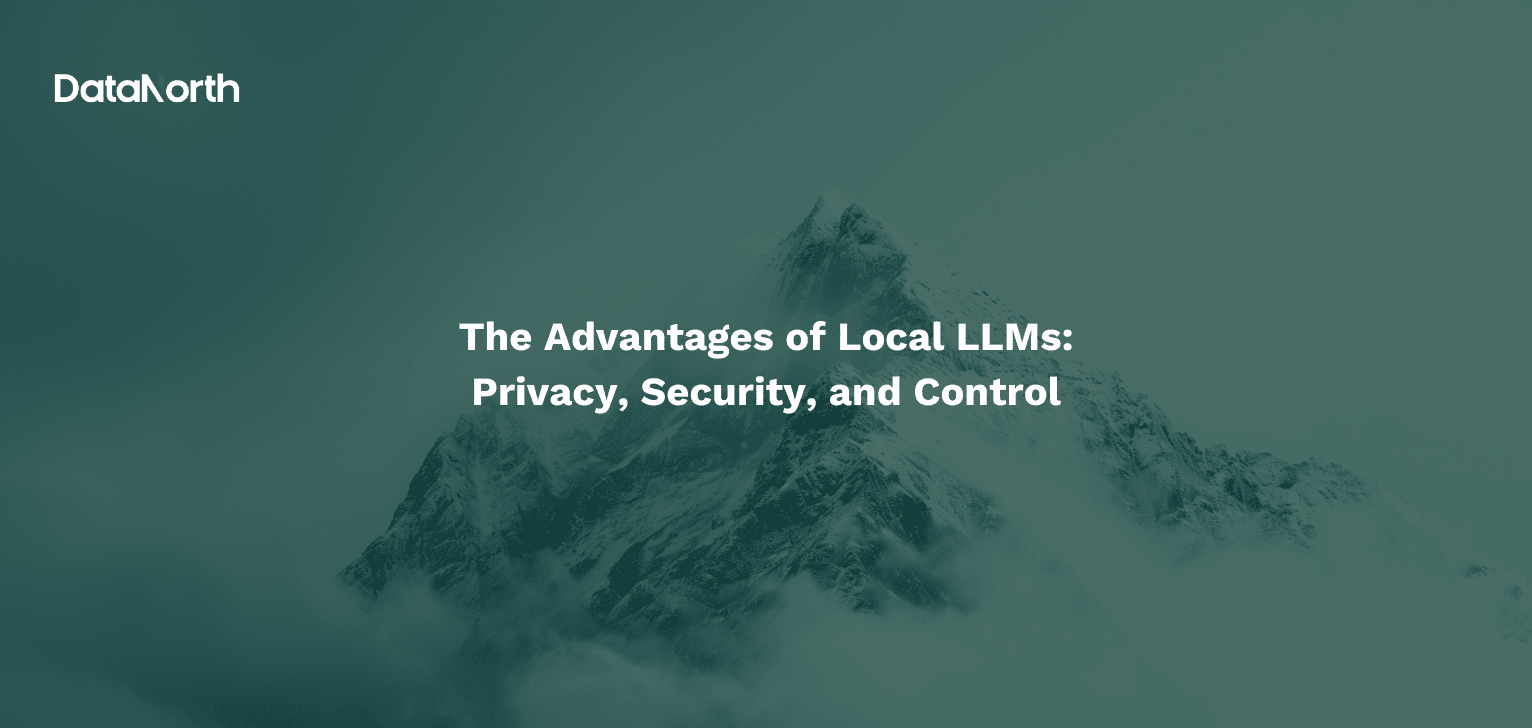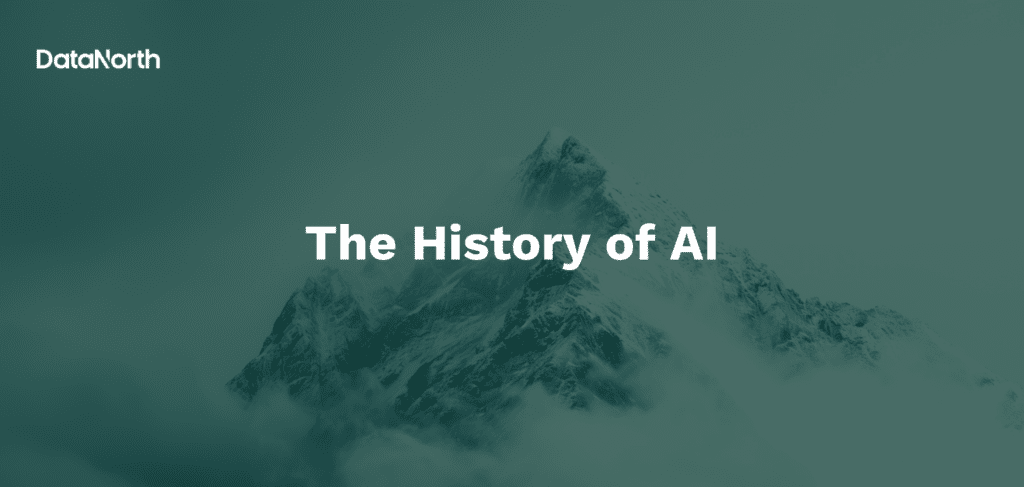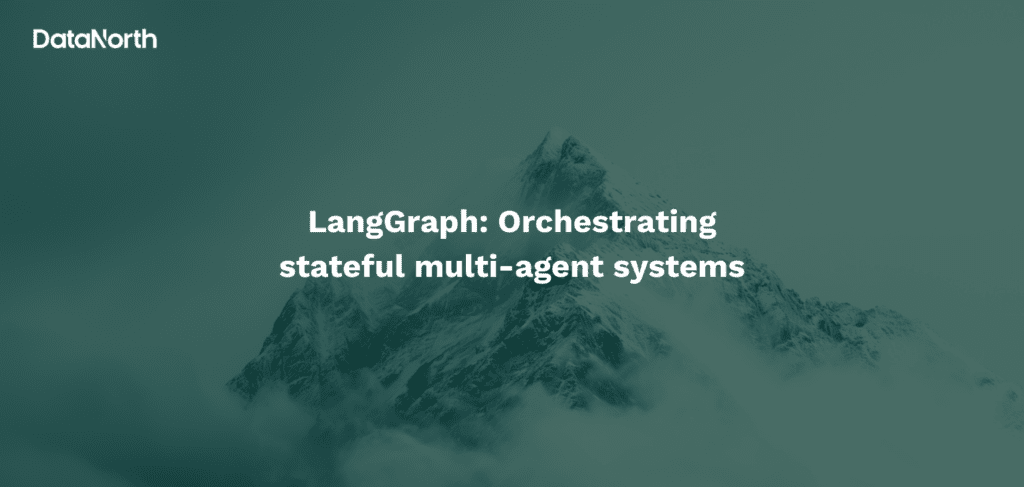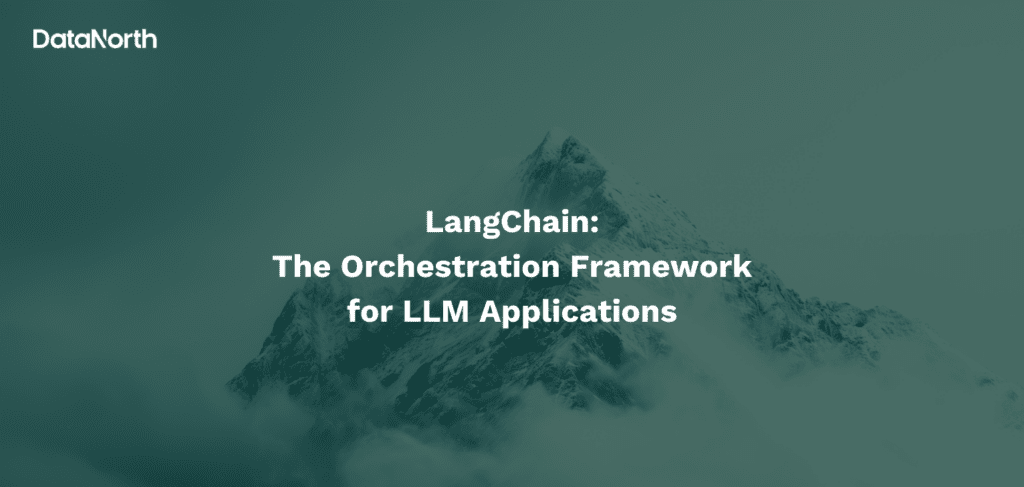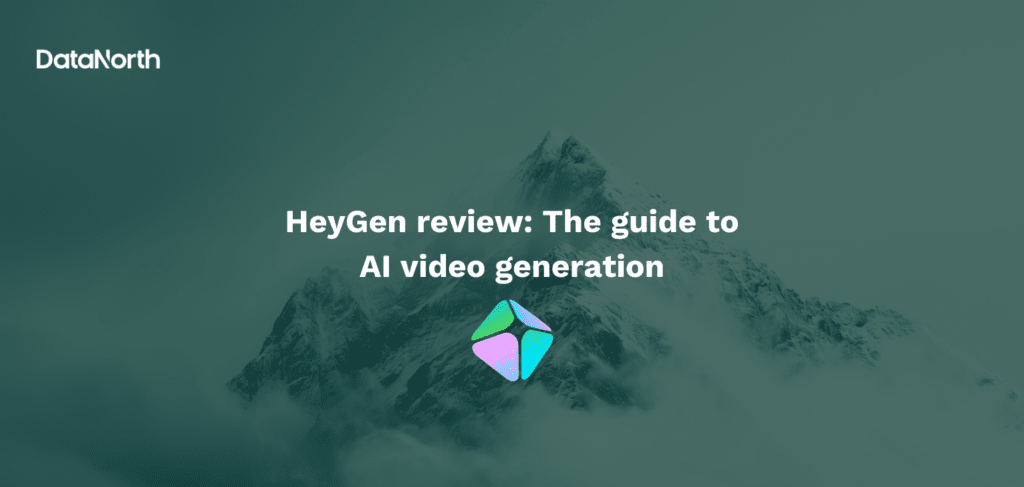At this point, you’ve probably heard about Large Language Models (LLMs) like ChatGPT, Claude, or Gemini. However, by using these models you always run into certain risks regarding privacy and security. As we mentioned in our previous article on ChatGPT Data Privacy, OpenAI will initially use any kind of input on their cloud-based version to train their models. Local LLMs are a good alternative for businesses that are looking for more control over their data and cost savings.
In this blog, we’ll explore what local LLMs are, how they differ from cloud LLMs and we will help you understand when they might be the perfect solution for your business needs.
What is a local LLM?
Essentially, a local LLM operates within your own infrastructure. This allows you to perform language processing locally instead of using external cloud platforms. It’s like having your own private ChatGPT that lives on your servers, personal computer, or devices.
Rather than sending your data to a third-party server for processing, the local LLM will process everything on-premise. This fundamental difference opens up a world of possibilities for businesses concerned about data privacy, compliance, and operational control.
Local LLM vs. Cloud LLMs
| Feature | Local LLM | Cloud LLM |
| Data Processing | On-device | External servers |
| Internet Required | No (after setup) | Yes |
| Cost Structure | Upfront hardware costs | Subscription/pay-per-use fees |
| Latency | Predictable (hardware-dependent) | Variable (network-dependent) |
| Customization | Full model control and fine-tuning | Limited to API constraints |
Why are businesses using Local LLMs?
- Data Privacy: For industries handling sensitive information (healthcare, finance, government) keeping data in-house is important and often mandatory. Local LLMs ensure your confidential data never leaves your secure environment.
- Lower Latency: With everything running locally, responses are faster. There is no waiting for data to travel back and forth to the cloud.
- Offline Access: Local LLMs work even without an internet connection, making them ideal for industrial settings, remote locations, or high-security facilities.
- Subscription Cost Savings: Using a Local LLM helps you avoid ongoing cloud subscription fees, which can add up quickly if you use AI heavily.
- Customization: Local LLMs can be tailored specifically to your business needs. Whether it’s industry-specific terminology, company protocols, or unique workflows, it can fine-tune the model to understand your exact requirements.
Popular Local LLM tools and frameworks
Several open-source and commercial tools make it easier than ever to get started with local LLMs:
- Ollama: Simple, user-friendly local LLM runner with built-in model management.
- Llama.cpp: Lightweight, fast LLM engine for running models like LLaMA on everyday devices.
- LM Studio: Desktop app for downloading, managing, and chatting with local LLMs easily.
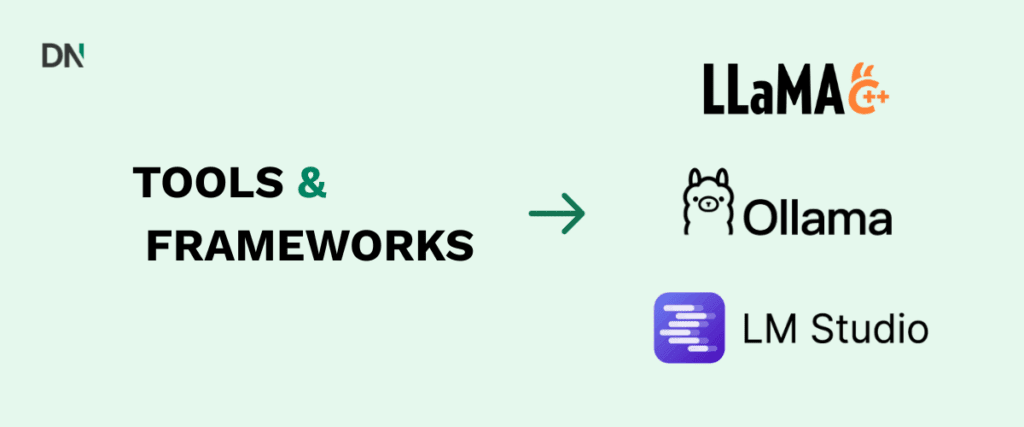
Real-World Applications of Local LLMs
1. Privacy-Sensitive and Regulated Industries
- Healthcare: Local LLMs can automate medical documentation, transcribe doctor-patient interactions, and generate meeting summaries while ensuring patient data privacy and compliance with regulations. They also support virtual health assistants that handle patient inquiries, medication reminders, and appointment scheduling without exposing sensitive data to cloud providers. Predictive analytics for patient outcomes and cancer metastasis prediction are enhanced by local LLMs that keep clinical data secure.
- Finance and Legal: Local LLMs handle confidential documents, contracts, and communications securely by keeping data on-premises, reducing risks of breaches and ensuring compliance with data sovereignty laws.
2. Customer Support and Virtual Assistants
Implementing a virtual assistant powered by a local LLM to handle emails is important for the companies that want to maintain their data private containing sensitive information. For instance, you can use LM Studio to maintain complete control over their data while still leveraging the capabilities of advanced natural language processing for improved customer support workflows.
3. Market Research and Consumer Insights
By analyzing large volumes of customer feedback, social media conversations, and product reviews, local LLMs help businesses identify trends, sentiment, and competitive positioning while keeping the company data secure. A great tool to achieve this is Ollama.
4. Retail and E-commerce Enhancements
In-store personal assistants can interact with shoppers via kiosks or mobile apps, offering tailored product advice based on preferences and purchase history. Local processing reduces privacy concerns and improves responsiveness. Additionally, local LLMs optimize inventory management and demand forecasting by analyzing sales and market data.
5. Manufacturing and Supply Chain Optimization
Local LLMs analyze equipment data for predictive maintenance, identifying failure patterns to reduce downtime and maintenance costs. They also optimize production workflows and supply chain logistics by extracting insights from operational data, improving efficiency and reducing bottlenecks.
6. Cost Efficiency and Operational Independence
For organizations with high AI usage, running LLMs locally reduces ongoing cloud service costs. It also removes dependency on internet connectivity and third-party service availability, ensuring reliability in remote environments.
7. Customization and Control
Local deployment allows organizations to fine-tune LLMs on proprietary data, tailoring models to specific domains or business needs. They maintain full control over updates, performance, and data handling, which is critical for specialized applications
Considerations before implementation
Hardware requirements:
Local LLMs need significant computational resources. Depending on the model size, you might need:
- High-end GPUs (NVIDIA preferred)
- Good CPU if you use “quantized models (e.g., GGUF, 4-bit) to reduce memory requirements.
- Substantial RAM (16GB minimum, 32GB+ recommended)
- Fast storage solutions (NVMe SSDs)
Technical Expertise:
Your team will need expertise in:
- Model deployment and maintenance
- Hardware optimization
- Troubleshooting and updates
- Security best practices
Local LLM Model Size:
Local models may be smaller or less sophisticated than cloud versions, which could affect performance on complex tasks.
Maintenance:
Unlike with managed cloud services, you’re responsible for updates and security.
Scale and Performance
Consider your expected usage:
- Number of concurrent users
- Response time requirements
- Storage capacity for model weights
- Backup and redundancy needs
Conclusion
To wrap up, local LLMs offer a compelling alternative to cloud-based solutions, for organizations prioritizing data privacy, low latency, offline functionality, and customization. While implementation requires careful consideration of hardware, technical expertise, and maintenance, the benefits can be significant.
As AI continues to evolve, local LLMs provide a powerful option for businesses seeking to harness the capabilities of large language models while maintaining greater autonomy and data governance.
To navigate the complexities and unlock the full potential of on-premise AI, explore our expert LLM consultancy services tailored to help you implement and optimize local LLM solutions for your unique needs.”

